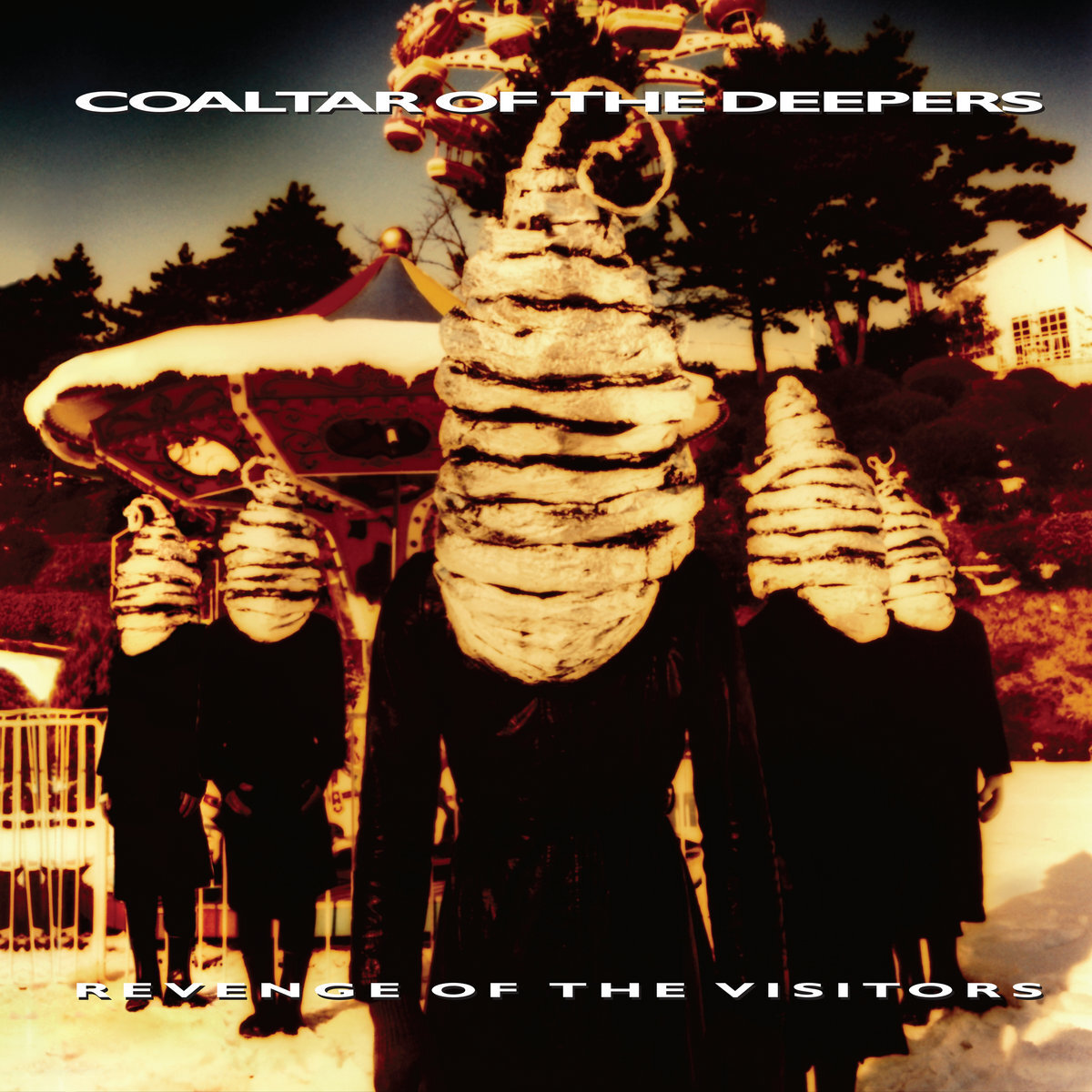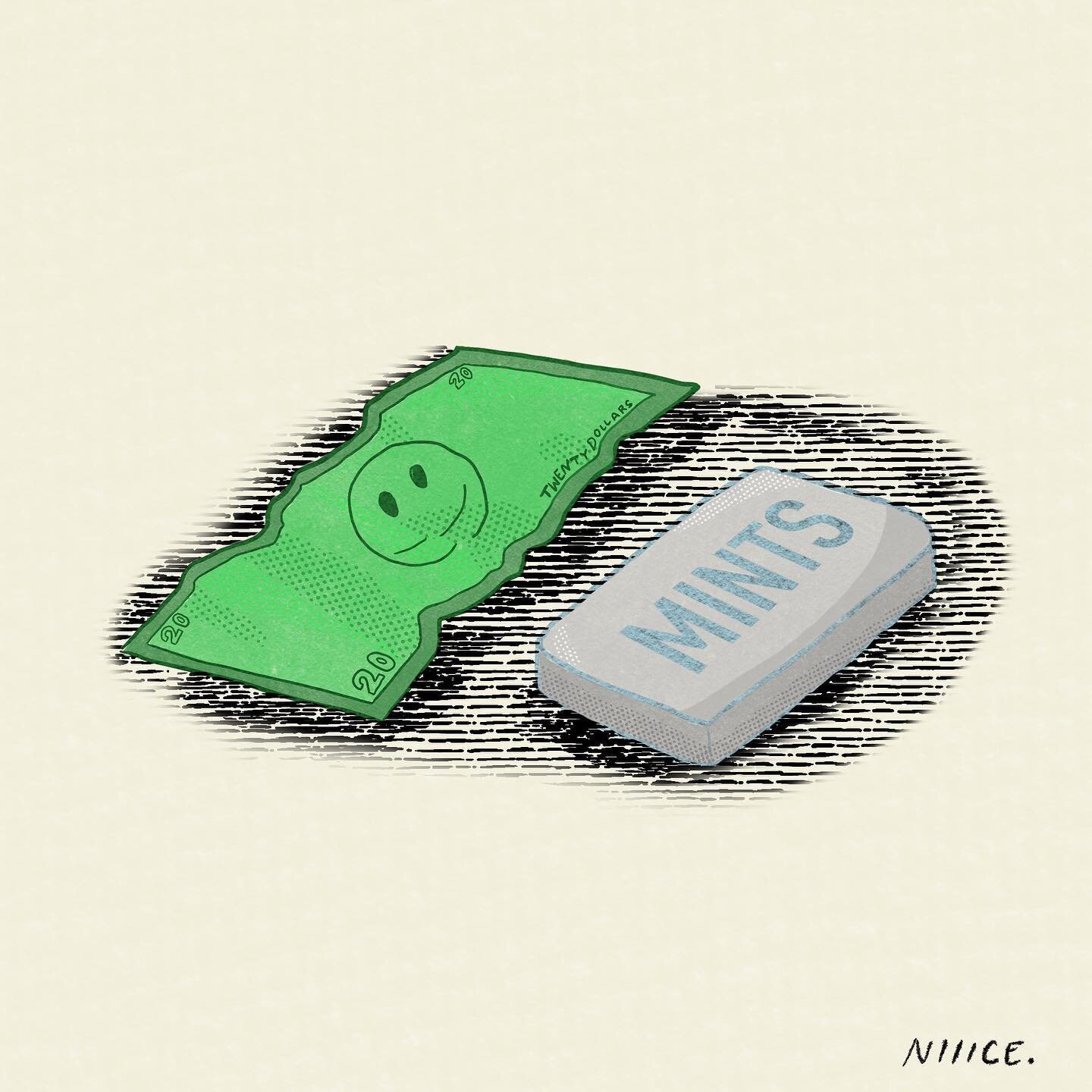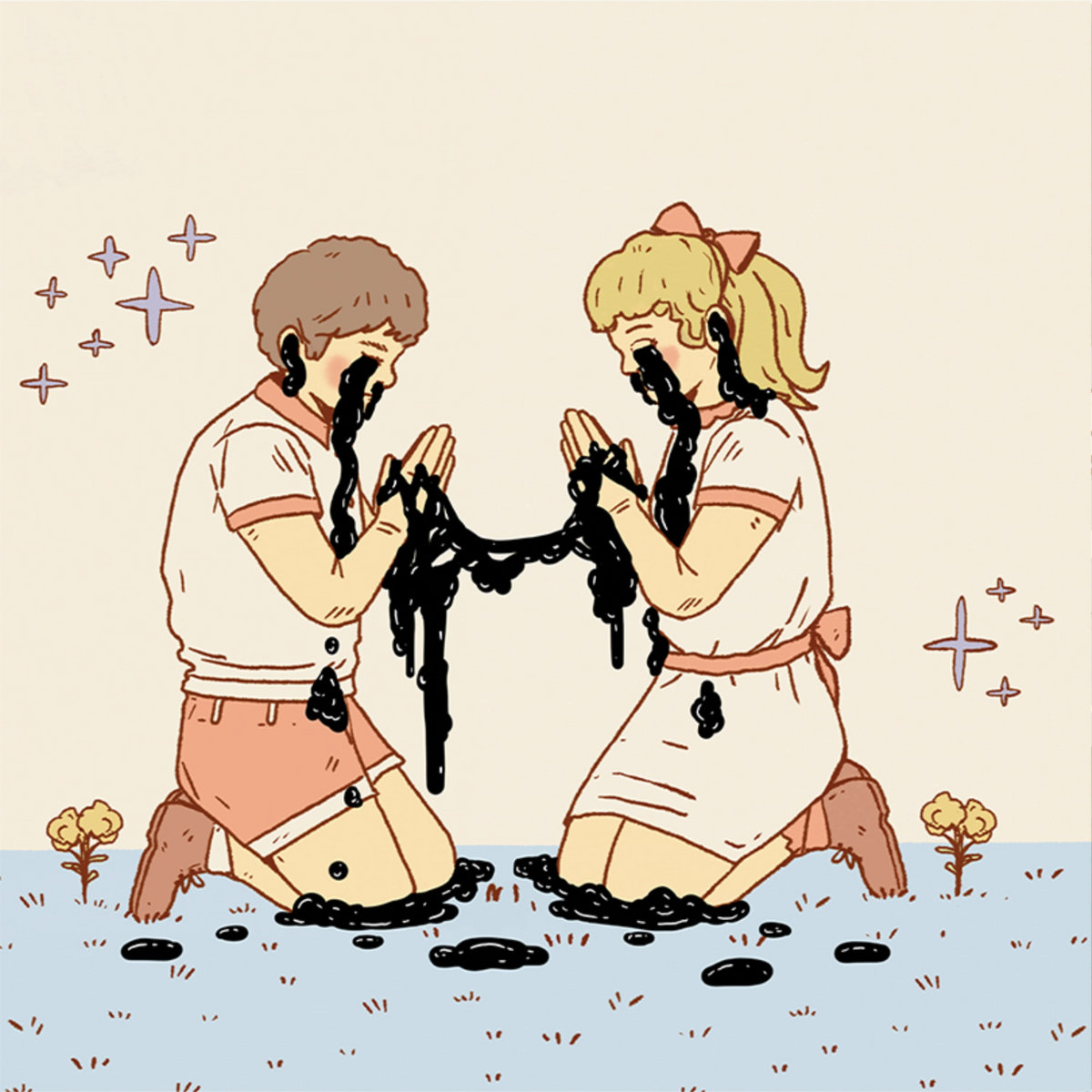Parting – Unmake Me | Album Review
/Today will be different
Today will be the same
The same can be different
In some weird kind of way
The ironic thing about Parting is that Unmake Me feels like coming home. The self-proclaimed “original emo revivalists” display the return of Keith Latinen (Empire! Empire! (I Was a Lonely Estate)), Ben Hendricks (Annabel), Gooey Fame (Dowsing), and John Guynn (Hawk & Son) asreturning flag-bearers of the genre. This isn’t fifth wave emo, but rather an evolution of your older sibling’s favorite bands from high school.
“Jesse Eisenbird” shows off a more refined version of Latinen’s voice while detailing the death of a family member between intricate, complementary guitar work. While the genre is known for making listeners feel things, this introduction to Parting breaks hearts and leaves one begging for catharsis.
While it feels cliché to call artists mature, “Ratt Michards” candidly recounts how the grueling life of nine-to-fives leads to depression. Despite this not being too crazy of a take, Latinen and Hendricks’s harmonies carry the notion over a driving bass line that teases the necessary catharsis needed after “Jesse Eisenbird”: “Knowing you need to change / is easier than / making changes.” You can almost hear the college crowd drunkenly belting this one back from the pit.
“Stapler’s Monster” slows the tempo for Parting just to show their strength as songwriters. After two solid, hook-laden songs, dueling vocal lines allow room for more vulnerability before our revivalists jump back into the hooks with “After the Fact” and “Maybe He’s Blinking When You’re Blinking.” The penultimate track, “He’s Obviously Beekeeping Age,” shows a more experimental, patient, electronic side of Parting. Think Jimmy Eat World’s “Pass the Baby” meets the trumpet fare of early Foxing.
Again, Unmake Me’s sequencing shines in this setup, laddering up to the catharsis of “Living Proof.” Like a feather floats to the ground, the gang vocals that kick off the denouement of the record are begging to be sung at the end of a late night. Yet it’s Latinen’s final words that bring us the closure so desperately needed after careening through the previous songs: “I’m living proof / of carrying through.” After what’s been a handful of rough years for myriad peoples, Latinen’s lines will hit home no matter what your background is.
Parting arrive just in time for the party, as though everyone was anxiously awaiting them. Then, immediately after the last note rings, they bow, leave, and make you wish they never left the stage. Unmake Me’s 18 minutes aren’t enough time with Parting, but you’ll want to flip this record right over and play it again after that final guitar chimes.
Joe Wasserman is a high school English teacher in New York City. When he’s not listening to music, he’s writing short stories, playing bass for Save the Robots, or loving his pug, Franklin. You can find him on Twitter at @a_cuppajoe.













